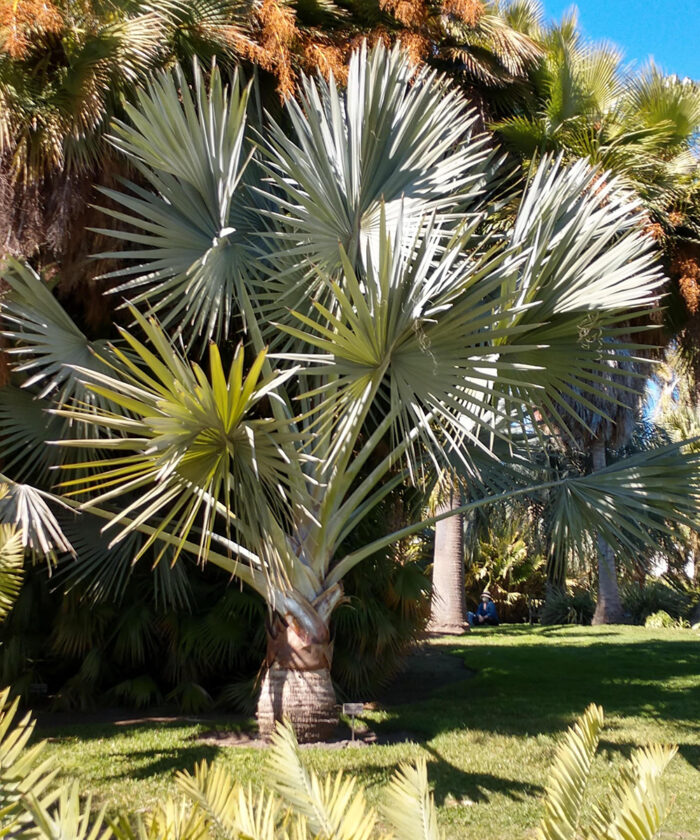
We are fortunate in Southern California to be able to feature a variety of striking palms in our gardens. Often used as solitary specimens, these grasslike plants are worth investigating and introducing into your space. They add drama and character and evoke Southern California style with their rustling fronds.
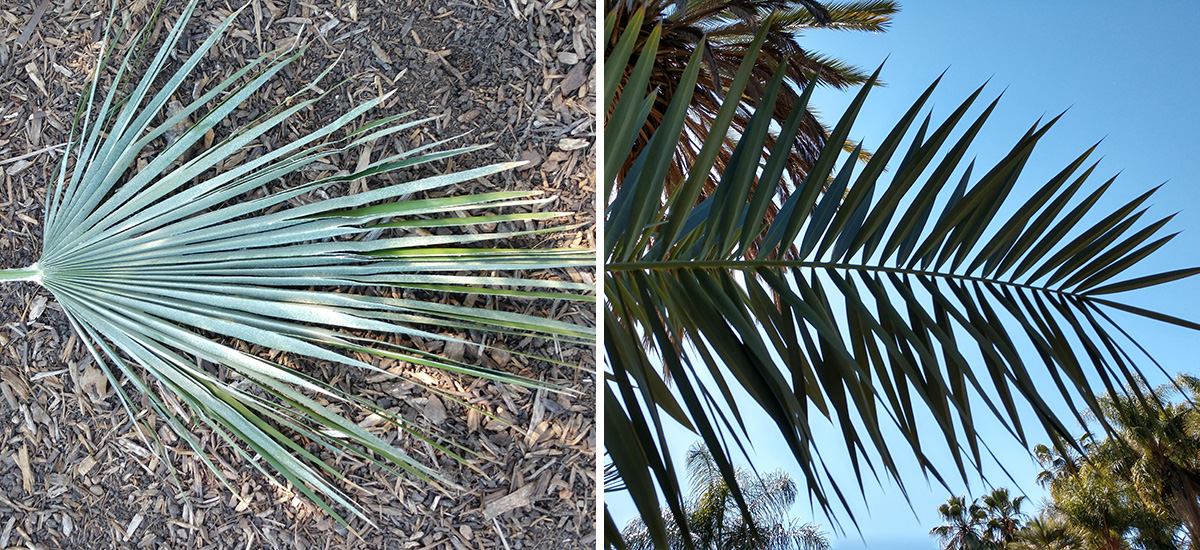
Featuring palmate (palmlike) or pinnate (featherlike) fronds, palms offer diversity in their many forms. Single, multitrunk, and even vining palms can be found on every continent but Antarctica. There is a palm for almost any environment. But the palms I’ll focus on here are all full-sun and lower-water varieties. Keep in mind, however, that palms have shallow root systems and that most are not truly drought tolerant. Most will require regular water until establishment.
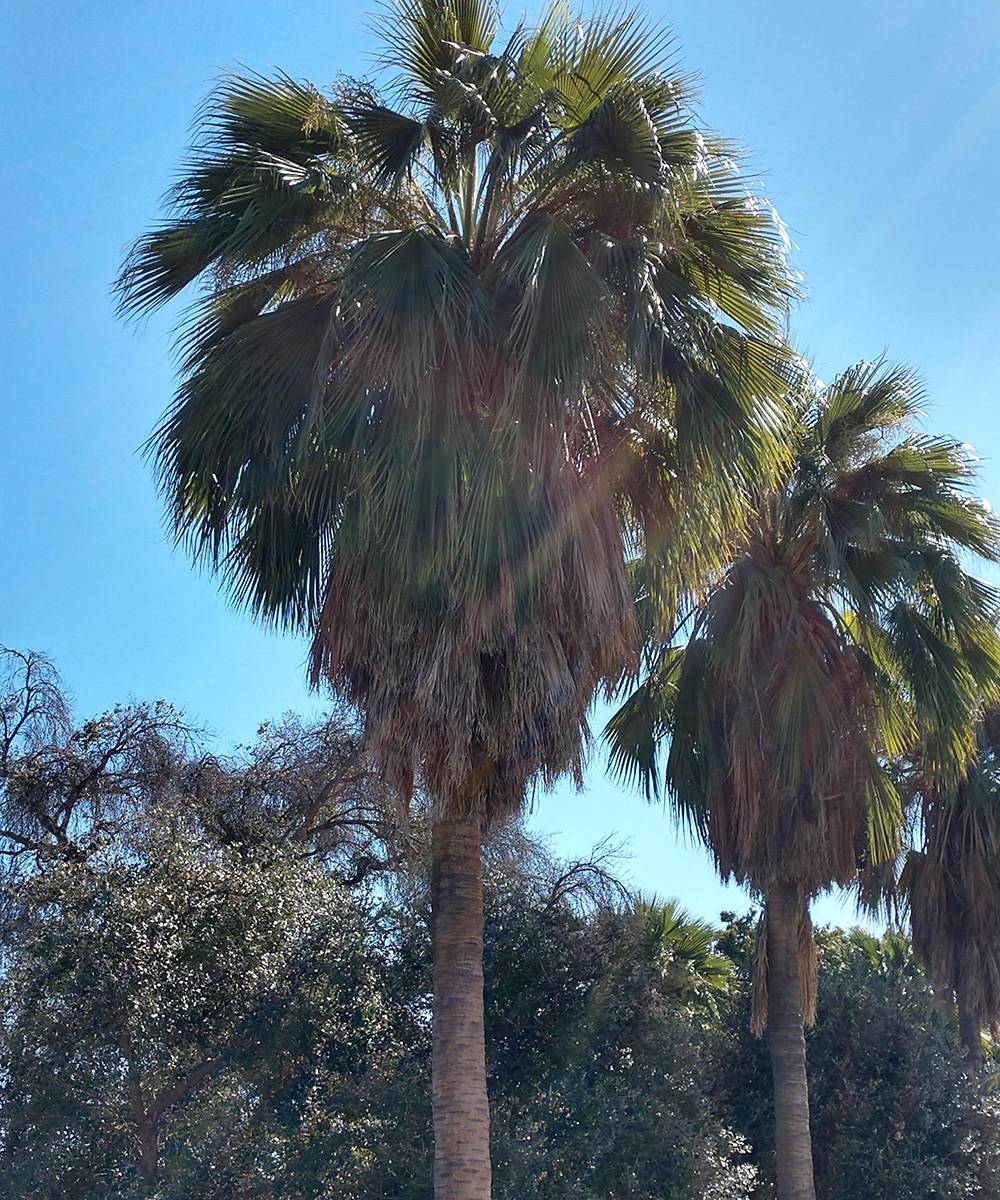
Guadalupe palm
Brahea edulis, Zones 9–11
This palm is native to Guadalupe Island, which is off the coast of Baja California. It cannot tolerate wet climates or freezing conditions but is tolerant of a variety of soil types, so it does extremely well in Southern California. This palm makes a statement at 30 feet tall. Plant it as a single specimen, and enjoy its palmate leaves and strong trunk.
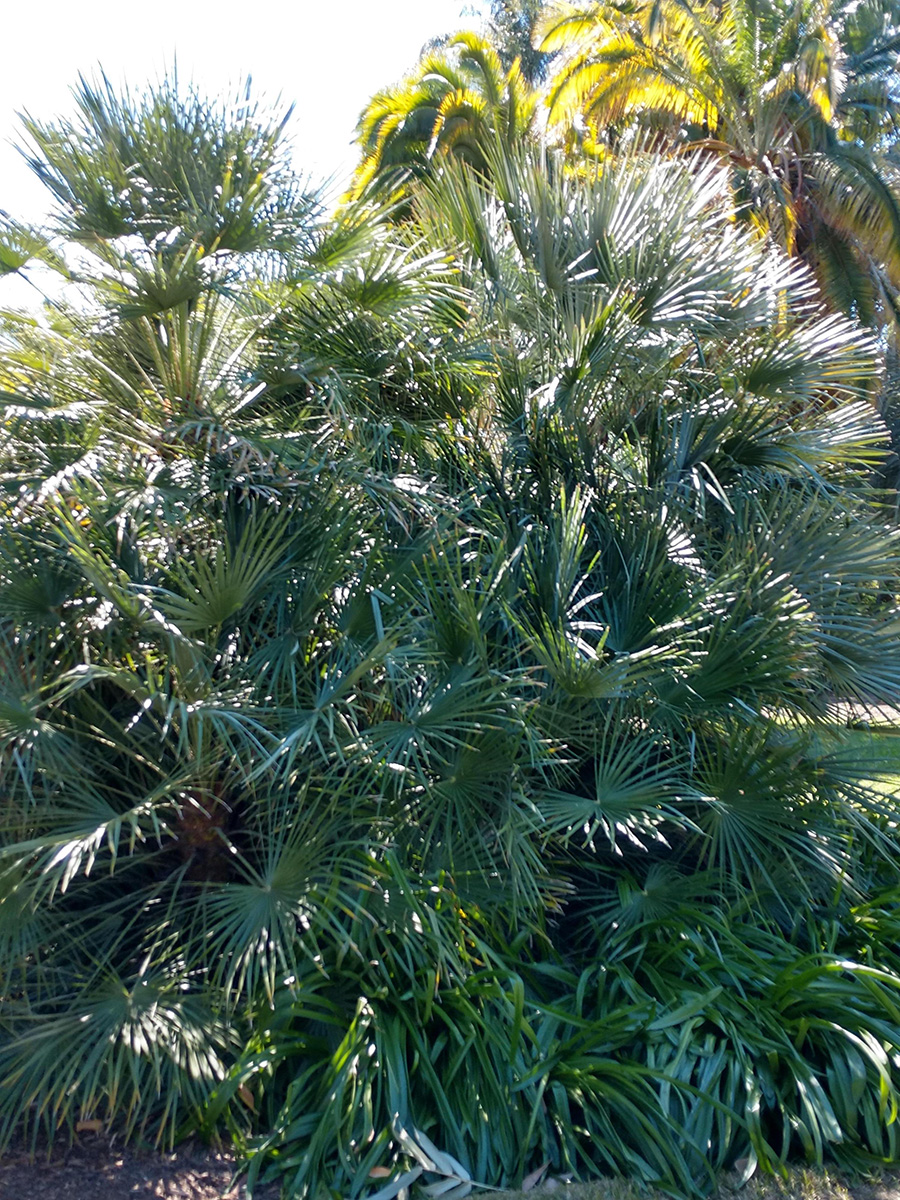
European fan palm
Chamaerops humilis, Zones 8–11
Also known as Mediterranean dwarf palm, this clustering palm is native to the rocky Mediterranean coastline and foothills of North Africa. It can make an impact as a solitary specimen or as a multitrunked mass planting. Because it grows in clusters, you need to ensure that you have the space for it, unless you plan to prune it and train it as a single-trunked specimen. Unpruned, it can grow 5 to 15 feet tall and up to 20 feet wide. I love the gray-green foliage and globed habit that the palmate leaves form. This is a drought-tolerant palm that does not tolerate wet conditions.
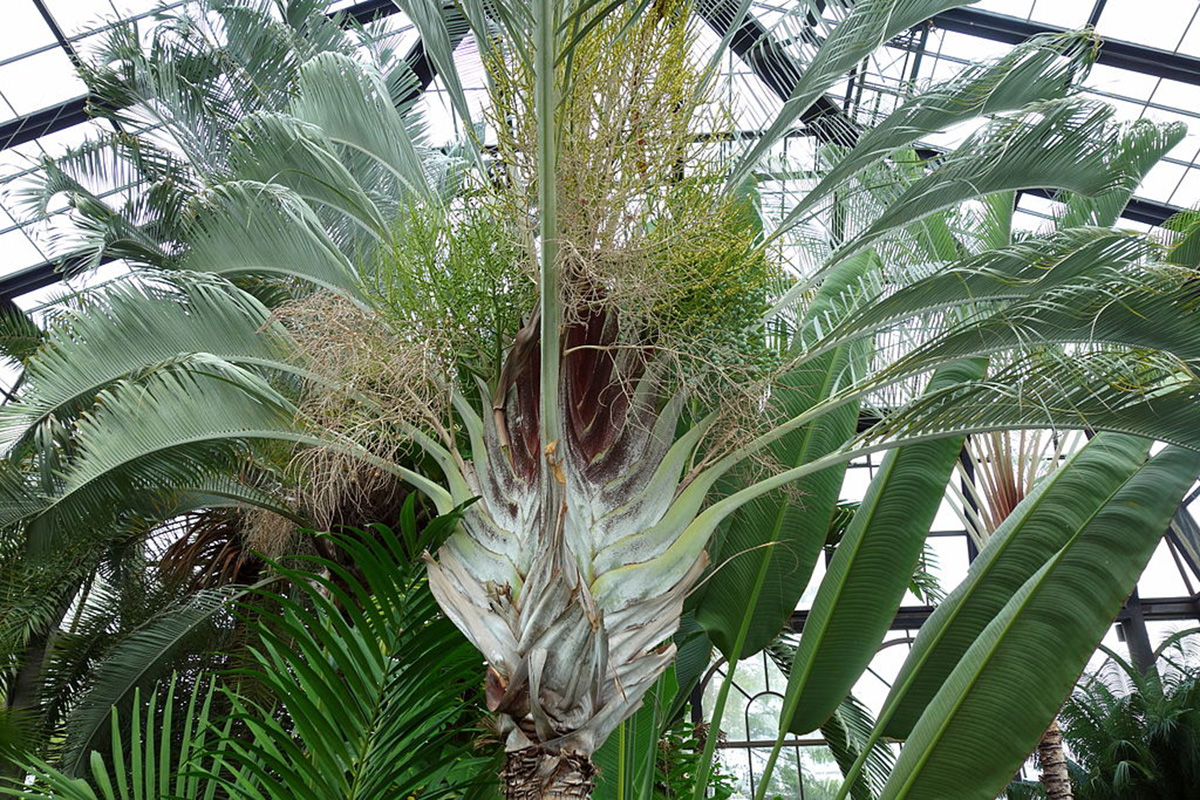
Triangle palm
Dypsis decaryi, Zones 9–11
Native to Madagascar, triangle palm is a stunner. Give this specimen palm a wide breadth. Its arching pinnate leaves are striking and can reach about 10 feet wide. The plant itself can reach 25 to 40 feet tall and 15 feet wide. Full sun and regular irrigation are required.
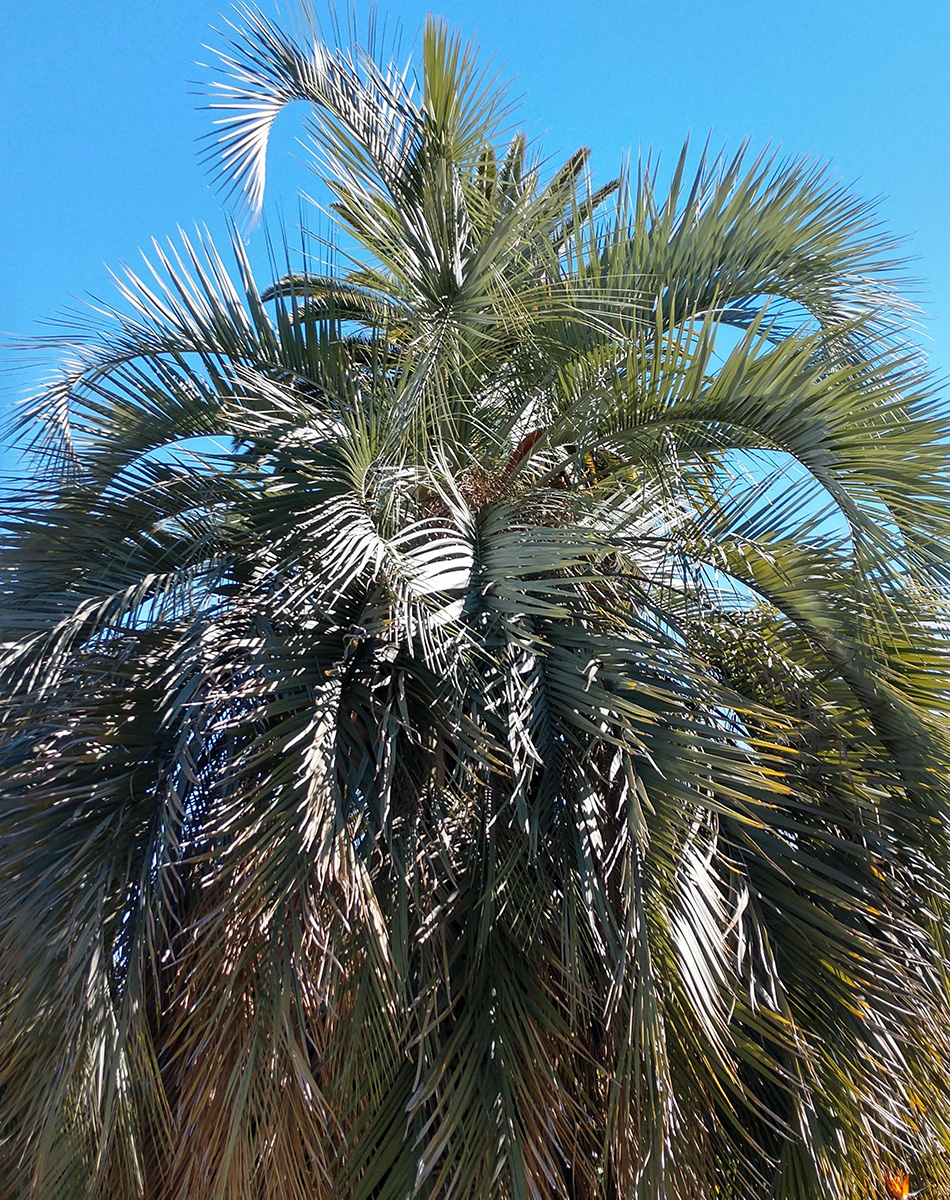
Jelly palm
Butia capitata, Zones 9–11
Called jelly palm, butia palm, and pindo palm, this is by far my favorite palm for Southern California. It has a very unique, arching, recurved pinnate form, and the trunk is striking with its exposed leaf bases. The silvery blue foliage stands out. At maturity, this palm reaches 35 feet tall and 15 feet wide; if you have the space for it, it will be stunning in your garden. This palm is drought tolerant once established and tolerates full to partial shade.
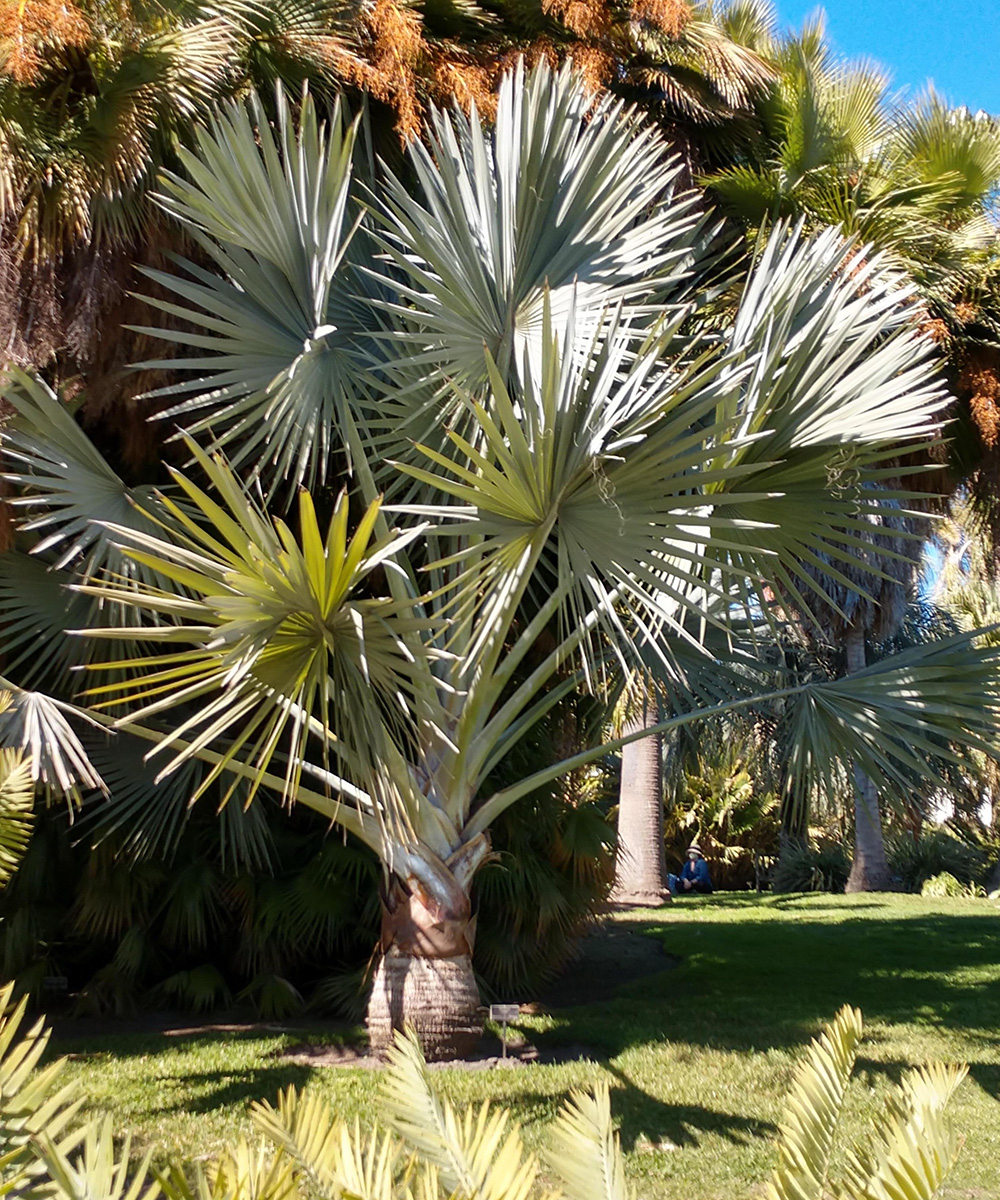
Bismarck palm
Bismarckia nobilis, Zones 9–11
Native to the savanna of Madagascar, this solitary palm can reach 40 to 60 feet tall and 20 feet wide. Why feature such a large palm? Well, once you see one of these striking palms in person, you will understand the appeal. It has large, chunky palmate fronds with an ice blue coloration that really demands attention. This palm has medium water needs but is drought tolerant once established.
Pruning Your Palm: Less Is More
Palms are generally low maintenance and require very little in the way of pruning. In fact, many palms are overpruned and have their natural skirts removed. I like to see old fronds hanging on a palm; it creates an abundant habitat for local birds. Orioles, for example, like to overwinter in California palms (Washingtonia filifera, Zones 8b–11). I’ve seen this repeatedly, and it’s given me a better appreciation for the shaggy-palm approach to maintenance.
—Cara Hanstein is a head gardener at the Huntington Library, Art Museum, and Botanical Gardens in San Marino, California.
Fine Gardening Recommended Products
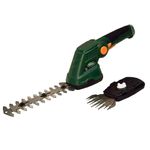
Scotts Cordless Grass-Shear/Shrub-Trimmer Combo
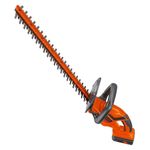
Black and Decker 22-inch Cordless Hedge Trimmer
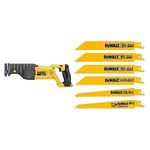
DeWalt Variable-Speed Cordless Reciprocating Saw with 6-Piece Saw Blade Set

DeWalt Variable-Speed Cordless Reciprocating Saw


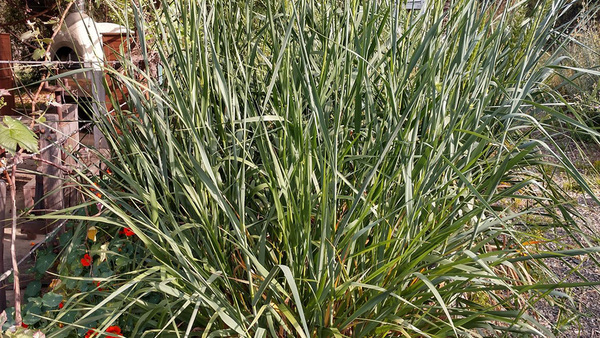



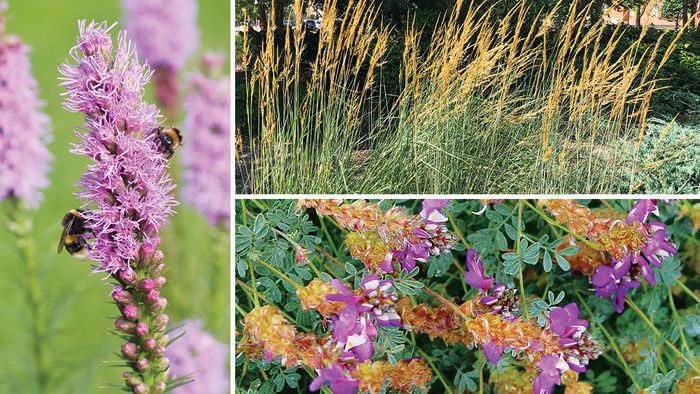

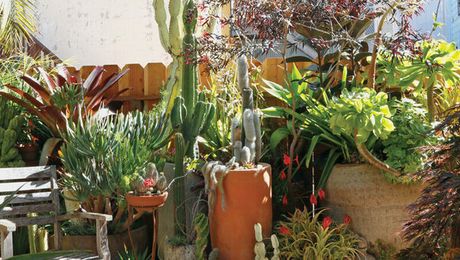









Comments
Log in or create an account to post a comment.
Sign up Log in